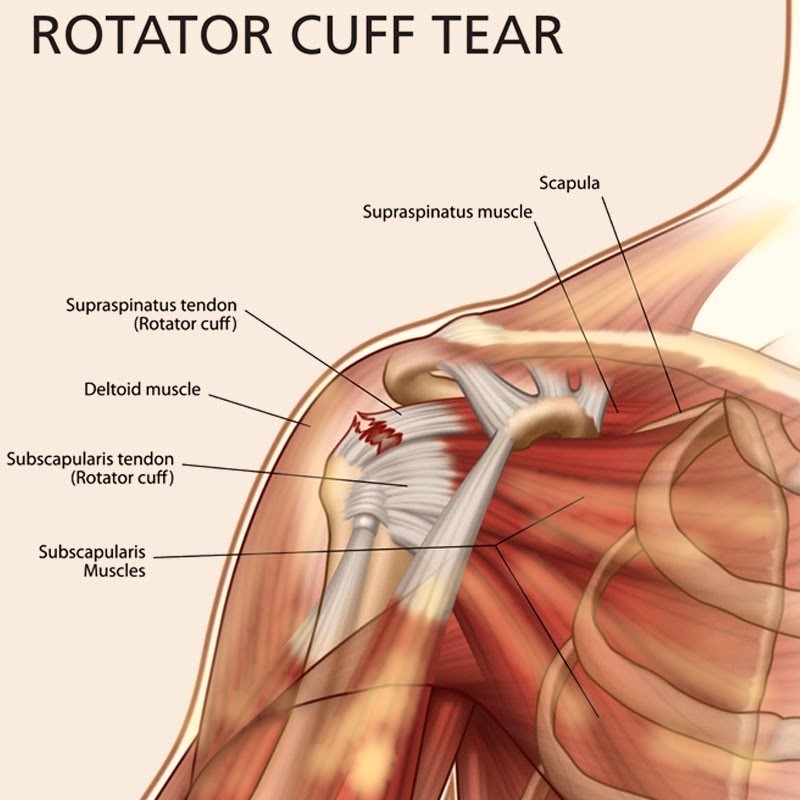Full thickness Rotator cuff tear:If its not been repair
What happens to patients when we do not repair their cuff tears? Five-year rotator cuff quality-of-life index outcomes following nonoperative treatment of patients with full-thickness rotator cuff tears – Boorman et al (2018).
AIM:
Examine 5-year outcomes in a prospective cohort of patients previously enrolled in a nonoperative rotator cuff tear treatment program.

BACKGROUND:
1) 104 participants – 5 visits which is including 2 to a sports medicine physician, 2 to a study physiotherapist, and 1 to an orthopedic surgeon over the span of 3 months.
2) Stretching exercises and strengthening exercises for the shoulder as well as the optional use of NSAID.
3) At 3 months follow up, the orthopedic surgeon assessed if treatment was a success or failure.
OUTCOME MEASURE:
Author have used the Rotator Cuff Quality-of-Life Index (RC-QOL) instrument was administered at the initial session than eventually at 3-month surgeon visit, 24-months, and 5-year follow-up.
RESULTS:
- 93/104 participants were contacted to complete the RC-QOL.
- 63 participants completed the questionnaire (11 lost to follow-up at the 24-month point)
- Between 2 and 5 years, 3 of the participants went on to get surgery. The remaining 46 participants completed the RC-QOL with a mean score of 83 (0 = poor; 100 = great). The Post-op participants got a mean score of 89. There was NO significant difference at 5-years.
LIMITATIONS:
1) No physical assessment at 5-year follow-up.
2) Only subjective outcome measure.
3) The RC-QOL does not question if participants has received any prior treatment in the past 5 years
4) The study was not randomized and blinded (which is tough with a cohort study.)
Clinical implication :
However, this study has lack of internal validity. This study can be helpful to educate patients on the benefits of conservative care in full-thickness tears with respect to QOL. It may not help to treat as conservatively. Although, it may be a better option for most patients wanting to maintain a QOL versus the post-op patient who will be immobilised for a period of time. Hence, Surgery is require for RC tear. Don’t treat the patient blindly.
Let us know what`s going on in your mind!



